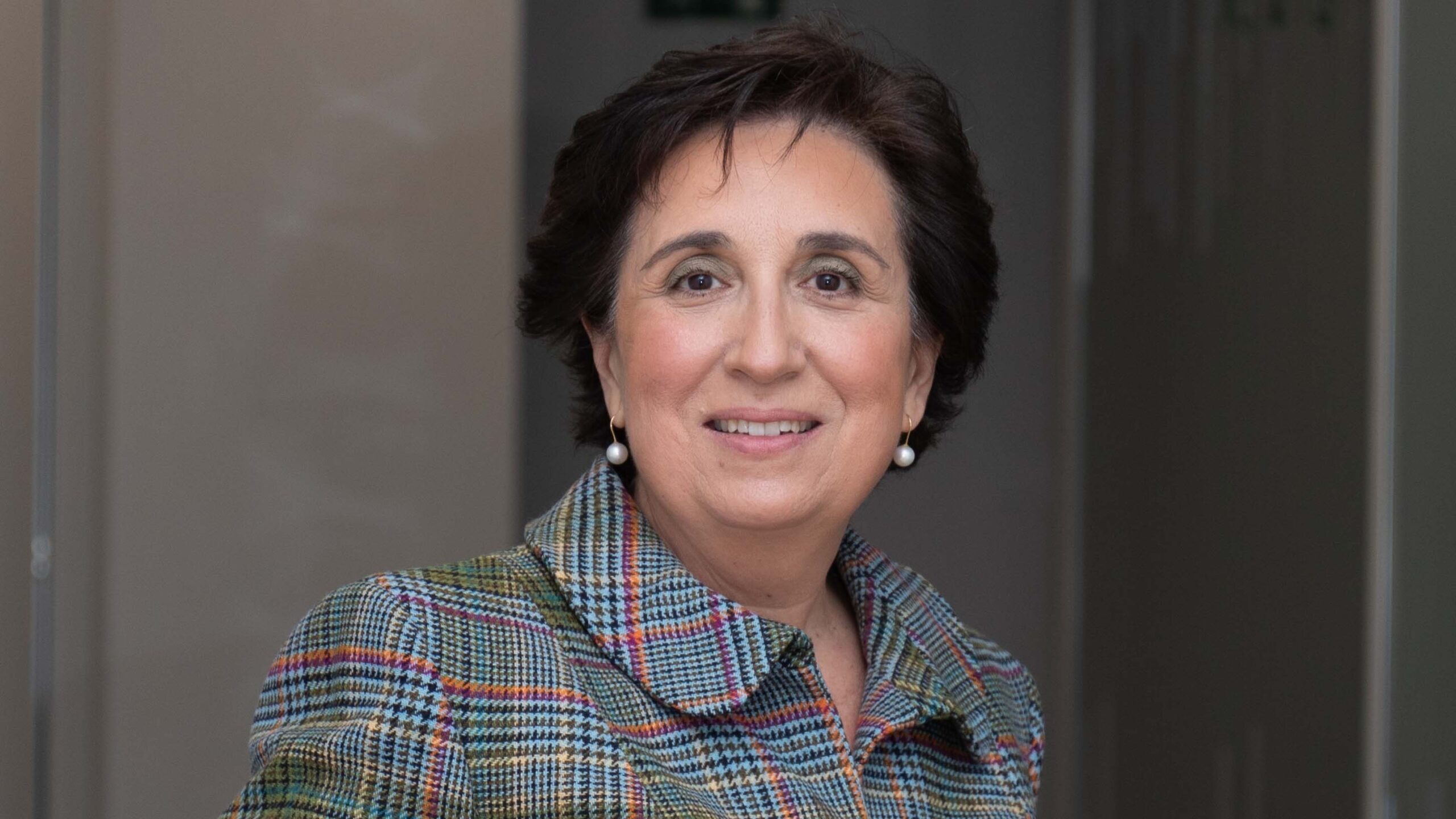
Independent director AXWAY, Metrovacesa, Digital Consumer Bank (Santander Group) and Iskaypet
What is the recipe for articulating decision-making in a complex organisation?
First, you have to know if you are in a market with growth potential and if you have a product that many customers are really going to adopt. You have to choose well where you want to be. As a country and as a company. I tell many startups: how are you going to get access to customers to generate a cash flow that allows you to reinvest and grow. Because in the end there are two ways to grow: one is to raise a lot of capital, and here we have the case of Korea; and the other is to generate cash flow, and here the fact of having a market where you can grow and very light structures plays a bigger role.
How does the perspective change when moving from direct management to boards of directors?
When you are a manager, you have the responsibility to get others to do, to orchestrate things to happen, your job is very action-oriented. When you are a counsellor, your job is much, much more challenge-oriented, supervisory. When you have been in a management career, you know that it is achieved by perseverance, by control, by motivating people and getting everybody aligned with a shared vision. When you are an advisor, sometimes you have the feeling of 'I'll get out of your way'. Boards are spending more and more time making sure that the company has the right management team in place to respond to the strategic plan. It is essential that it is able to grow the rest of the organisation so that it is not bringing in professionals from outside.
Prioritisation is about getting to the fundamentals, how do you do it?
We must distinguish between what is urgent and what is important, and choose based on criteria of value creation and impact. And you have to have a long-term vision and implement it with short-term plans. In business, as in life, it is important to have a plan B because not everything happens as expected or as planned. This exercise of knowing how to turn the rudder at a certain moment also requires a lot of coolness and little attachment to whether the idea is yours. Sometimes ego can lose you as a manager.
What does Spain need in order to take action and transform the production model?
I have reviewed European legislation on industrial policy over the last three years. We have been forced to do so because China or the United States have supported certain technology sectors in an incredible way. Europe anticipates and conceptualises well, the deficiency is in the implementation. The implementations are very complex, very guaranteed, very fragmented, and in the end we don't get enough traction. Even the resources we have made available to companies have not been attractive to them because of the complexity of the tools.
How do you get supply to keep pace with demand? Sometimes the problem is the other way around.
Just as there is a European Defence Agency that buys large projects for different countries, there is a need for the public sector to act as an innovative customer. In the United States, when a company is awarded support for product development or innovation, it is placed above all others in a public procurement request. In this case, demand is the driving force. Often, in Spain, contracting conditions prevent the entry of a start-up or an innovative SME. So why give them money if they are not going to be able to enter? We need to rethink risk as a buyer for the state. Sometimes it's not so much that there are not enough people, it's that we are not willing to take the risk with that supply. An analogy: there are no women for the boards, but you look for them with headhunters and with structured procedures you find them. The problem is not that there are no women, it's that you don't know them.
It is very difficult to really set priorities. From a technological point of view, what three things are going to be necessary in the coming years?
There is a very important point that we talk about very little: the changing population pyramid, especially in Europe. We need to prioritise training throughout the life cycle and define which areas can be more automated so that people can work on what really adds value. When we think about 10-year policies, this is an essential element, because that is what will define whether a company is going to be a leader or not: how it is going to incorporate new ways of working.


